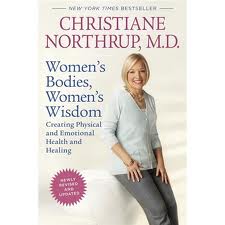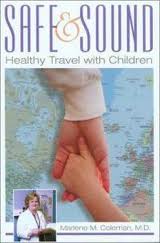Writing a Book to Build Your Medical Practice - Part II
 How to Get Organized, Get Help, and Get Going
How to Get Organized, Get Help, and Get Going (See "10-Point Book Writing Plan" below)
By Susan Kendrick
Write To Your Market, Inc.
Like Part I of this two-part series for physicians writing books, anyone can use this information. We've also included a free mini-course (see below) by John Eggen of Mission Marketing Mentors. We work with a lot of John's clients who are becoming published authors to build their businesses. John provides top-notch publishing guidance, including even more ways to start making money with your book before it's released, such as using your status as a forthcoming author to increase your visibility, consulting, and more. We work with these author experts to create their book titles and subtitles and book back cover sales copy they can immediately use to market and sell their books, while their books are being written. We also work with his clients that want help conceptualizing and writing their books rather than going it alone.
Free Mini-Course: Here is the link to John Eggen's free mini-course. John is a great contact and his publishing strategies work. Go to: http://ultimateclientmagnet.com/newauthors.
The 10-Point Book Writing Plan
While there are many ways to approach writing a non-fiction book (see John eggen's free mini-course above) one is the 10-Point Book Writing Plan. Here’s how it works:
• Choose a topic—see Part I of this series for ideas and approaches.
• Tell readers why you wrote the book and what they will get out of it. That is your Introduction.
• Identify 10 key points you want to make about your topic. Those are your 10 chapters.
• Break each of those 10 chapters down into manageable parts: An introduction, 3-7 key points, quotes, examples, stories, etc.
• The ideal length for a non-fiction book starts at around 144 pages, including the Table of Contents, Acknowledgments, Copyright page, and author bio. That means each of your chapters will be approximately 11-12 pages long. Think of it as writing a long letter to a good client or prospect.
You don’t have to go it alone. Busy physicians regularly hire ghostwriters, transcribers, and editors to assist them in the book writing process. You can even partner with a physician or non-physician to co-author the book with you. For more on organizing and writing your book or help with your book idea, see our Manuscript Development page. Or, contact Susan Kendrick and Graham Van Dixhorn at Write To Your Market, Inc. - info@writetoyourmarket.com or 715-634-4120.

 Share Article
Share Article 




